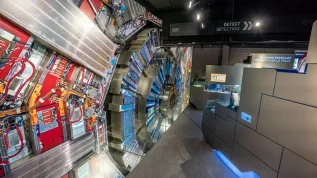
Microwave reactors are a better alternative to traditional energy sources used in chemical synthesis, say scientists.
Microwave heating is commonly used in many households to heat food quickly. Microwave ovens can also be used as powerful devices for the synthesis of various porous materials.
Writing in Advanced Materials, scientists from the Faculty of New Technologies and Chemistry of the Military University of Technology in Warsaw and Kent State University in the USA say microwaves allow for quick and simple synthesis of materials that can be used in gas purification, water treatment, energy storage and drug delivery.
The article’s authors said: “Usually, porous materials are synthesized by using conventional electric heating, which can be energy‐ and time‐consuming. The microwave‐assisted synthesis offers a simple, fast, efficient, and economic way to obtain many of the advanced nanomaterials.”
The researchers summarised recent advances in microwave-assisted synthesis of various groups of nanoporous materials, adding that microwaves can even be used to obtain materials with a well-defined porous structure and morphology including silicas, carbons, metal‐organic frameworks, metal oxides and graphene materials.
The research was carried out by the Faculty of New Technologies’ doctoral candidate Sylwia Głowniak, Dr. Barbara Szczęśniak, and Professor Jerzy Choma in collaboration with Professor Mieczysław Jarońc from Kent State University.
PAP - Science in Poland, Karolina Duszczyk
kol/ ekr/ kap/
tr. RL













